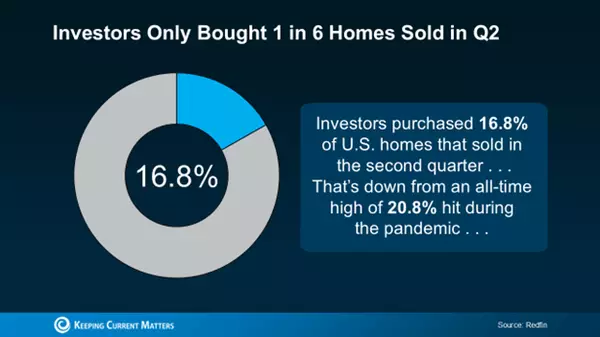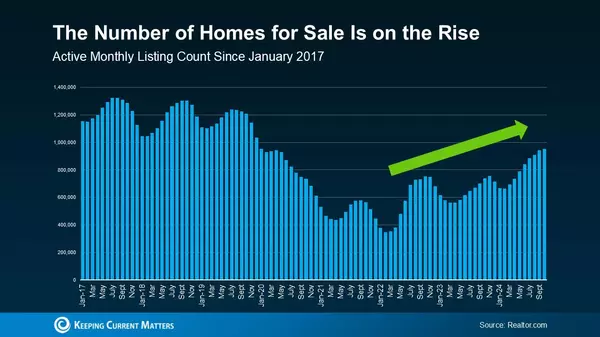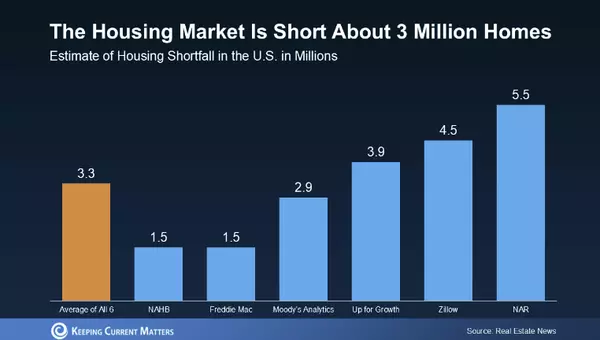A Guide to Understanding Closing Costs

A Guide to Understanding Closing Costs
As you prepare to buy a home, it's essential to budget for more than just the down payment. Closing costs are often overlooked, but they're a crucial part of the homebuying process. Here’s what you need to know to avoid surprises.
What Are Closing Costs?
Closing costs are additional fees that must be paid when finalizing your home purchase. These costs can vary based on the price of the home and your financing terms, but all buyers should plan for them. Typical fees include:
- Application and credit report fees
- Loan origination and appraisal costs
- Home inspection, title insurance, and homeowners insurance
- Attorney, survey, and recording fees
Some of these are one-time expenses, while others, like homeowners insurance, represent ongoing responsibilities.
How Much Should You Expect to Pay in Closing Costs?
Closing costs generally range from 2% to 5% of the purchase price. For instance, if you're buying a home at the median price of $422,600, your closing fees could range from $8,452 to $21,130. Homes priced higher or lower will result in different closing costs, so it’s essential to plan accordingly.
Tips for Reducing Closing Costs
There are a few ways to manage or reduce your closing costs:
1. Negotiate with the Seller: Sellers may be willing to cover some or all of your closing costs, especially in a slower market. Don’t hesitate to ask for concessions like a credit toward these fees or having the seller pay for the home inspection.
2. Shop Around for Home Insurance: Rising insurance costs make this a prime area for savings. Comparing quotes from various insurance companies can help you secure the best coverage at the lowest price.
3. Explore Closing Cost Assistance Programs: Various programs exist to assist with closing costs based on income, profession, or location. Ask your real estate professional or consult HUD resources for programs in your area.
Categories
Recent Posts










GET MORE INFORMATION

REALTOR® | Lic# S.0184988
